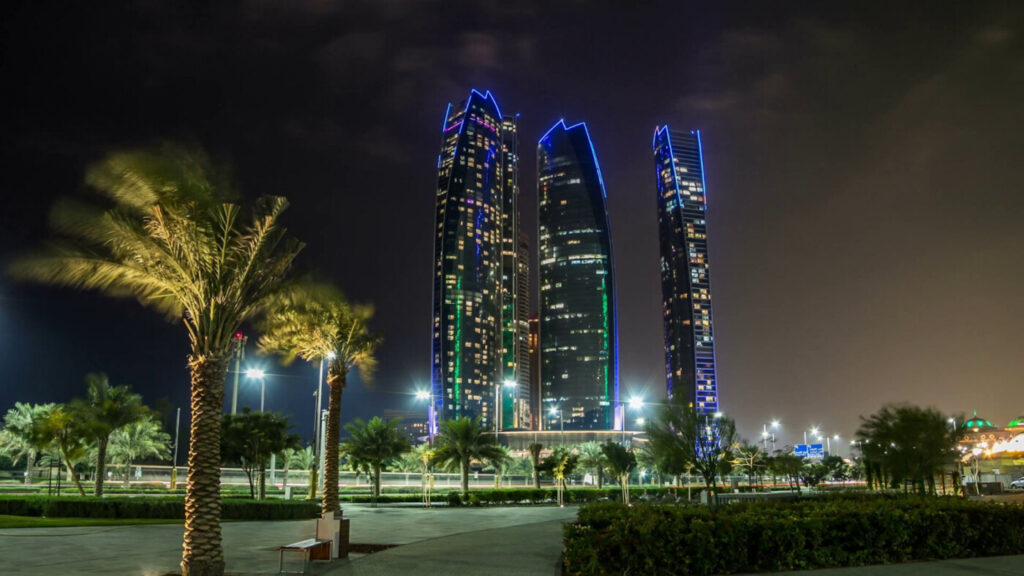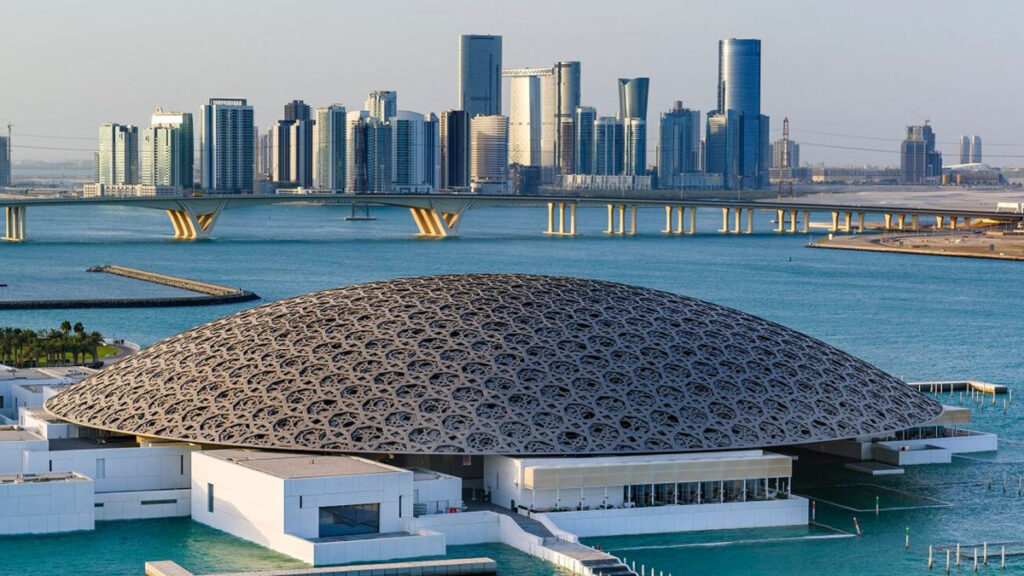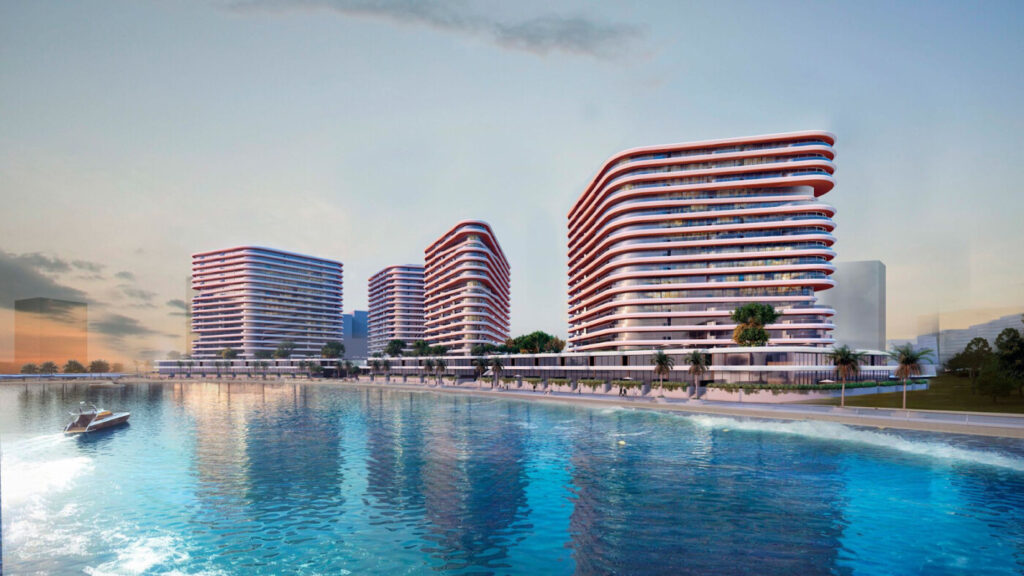
The Emirate is taking major strategic steps to diversify its economy, aiming to increase the flow of people, companies, and investments.
It may sound strange, but the real estate market in Dubai and the United Arab Emirates is different. While Dubai still leads, Ras al-Khaimah and Ajman opened to foreign buyers 20 years ago. Abu Dhabi also allows foreigners to buy property outright, leading to more interest in their market.
READ: Types of Property in Dubai: Studios, Villas, Apartments
The UAE is seven independent emirates, each of which has development features, nuances of legislation, and priority sectors of the economy. And there is no general law regarding the ownership of real estate and its registration.
In comparison with Dubai, Abu Dhabi is more stringent, conservative, and traditional. Emirate holds over 90% of the UAE’s oil reserves. Today, Abu Dhabi is open to international business, foreign investment, and foreign property buyers. According to statistics, the share of foreign investors and consumers from neighboring emirates already accounts for about 25% of transactions, and only from the beginning of 2022, the number of foreign buyers increased by one and a half. 90% of investors move to Abu Dhabi with their families.
READ: Commercial Property in Dubai: Where to Do Business
Abu Dhabi is primarily known for family living. Unlike Dubai, it separates working days from weekends and business lunches from family dinners. It’s recognized as one of the safest, smartest, and greenest centers in the Middle East due to its limited high-rise buildings and predominantly private villas and townhouses.
The luxurious capital of the country has the best beaches in the UAE on more than 700 km of coastline and a whole scattering of theme parks, including those located on Yas Island Ferrari World Abu Dhabi, and Warner Bros. World.
In addition, the emirate is the owner of objects that are iconic for the whole world, including the largest in the country, the 82-domed Sheikh Zayed Mosque, shimmering in 14 shades in the evenings.

Today, Dubai’s developers and investors from Russia, Italy, the United Kingdom, Saudi Arabia, and other countries are interested in implementing their own projects in Abu Dhabi. The emirate still has many undeveloped territories, including islands. Compared to other world mega-cities, prices are low, and infrastructure is well developed.

With the influx of foreign buyers, developers began building elite residences. The luxury segment saw an increase in sales in the first three months of 2023, with off-plan sales almost quadrupling and secondary sales increasing by 20% compared to Q4 2022.
READ: The Best Districts to Live in Dubai: Detailed Information
Sea La Vie, Grove Museum Views, Louvre Abu Dhabi Residences, Fairmont Marina Residence, Saadiyat Lagoons, Bloom Living, Reem Hills, Yas Golf Collection, Pixel – many of these complexes are expected to announce new queues which will definitely be a great option for investment.
At the end of 2022, prices for apartments and villas in Abu Dhabi showed an annual growth of an average of 8%. Individual projects on Saadiyat Island and in the Al Raha Beach area have added up to 10%, and some premium villas have gone up in price by 25% over the past three years.
Over the past year, approximately 8,500 apartments were put up for sale in the emirate, and there will be about 5,000 more in 2023.
As for legislation, today there are no fundamental differences between Dubai and Abu Dhabi in terms of the acquisition of real estate by foreigners, and the convenience of their own business.
For property buyers, the difference is perhaps only that the amount of property registration tax in Abu Dhabi is 2%, and in Dubai – 4%. In Abu Dhabi, the threshold percentage of the price to be paid for resale is 20%, while in Dubai, it is 30-40%.
There are also five free economic zones in Abu Dhabi, where non-residents of the UAE can be 100% owners of companies. In accordance with the Abu Dhabi Department of Economic Development (ADDED) project to improve the business environment, all SEZs are linked into a single database. With a virtual professional license issued by ADDED to non-residents in 13 sectors of the economy, you can start a business from almost anywhere in the world.
Foreign holders of “golden visas” of all types receive a number of serious benefits from the Abu Dhabi Residents Authority (ADRO), including discounts on medical insurance, medical and banking services, and the purchase of a car or real estate. According to experts, the demand for Abu Dhabi will soon rise uncontrollably, and as a result, the prices for its residential and commercial projects.